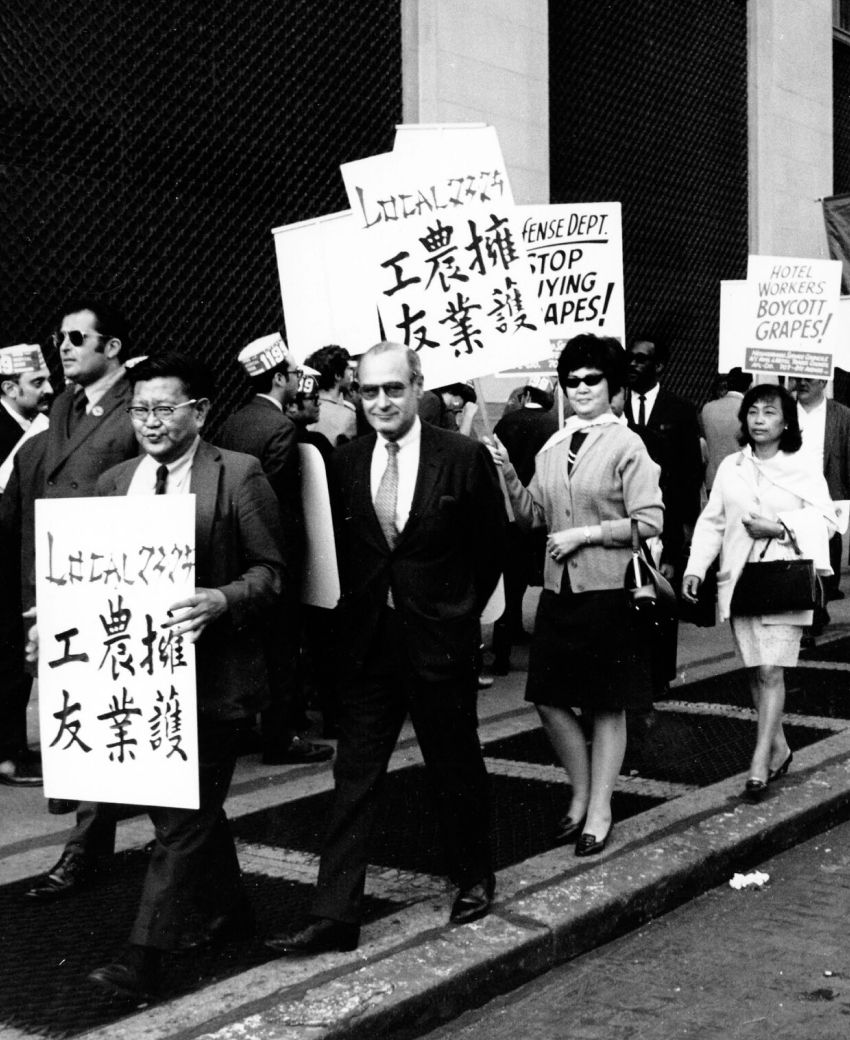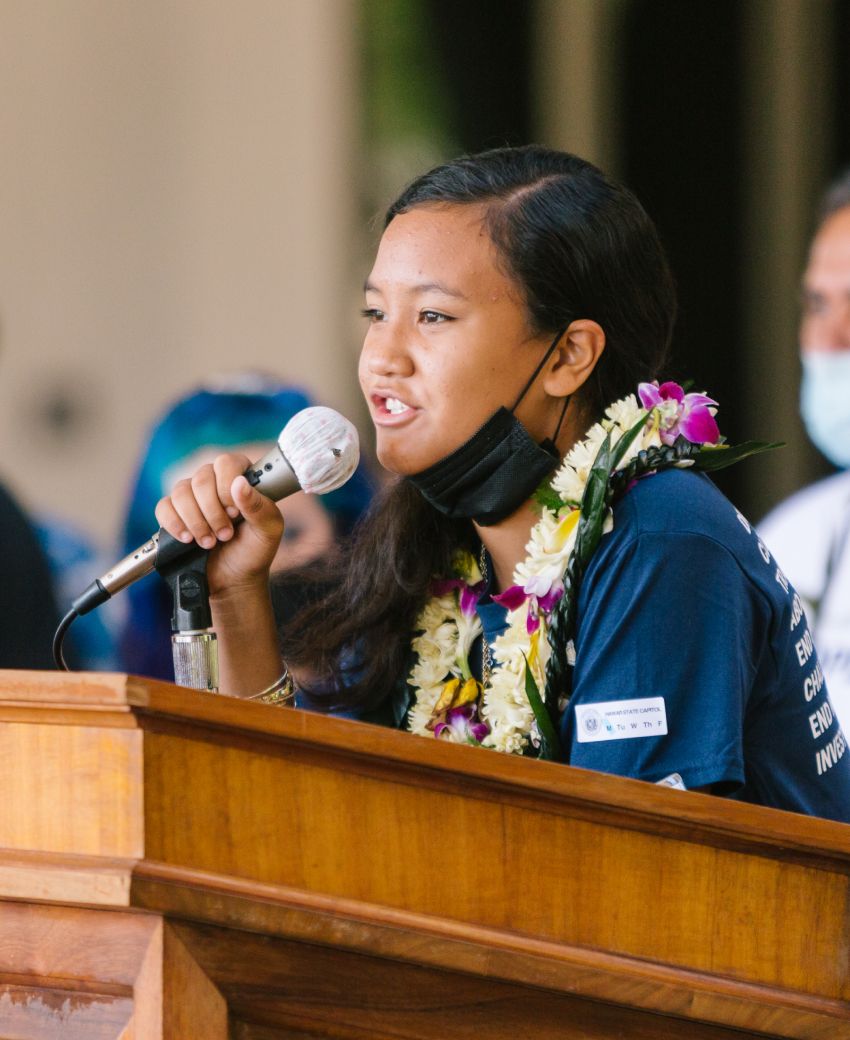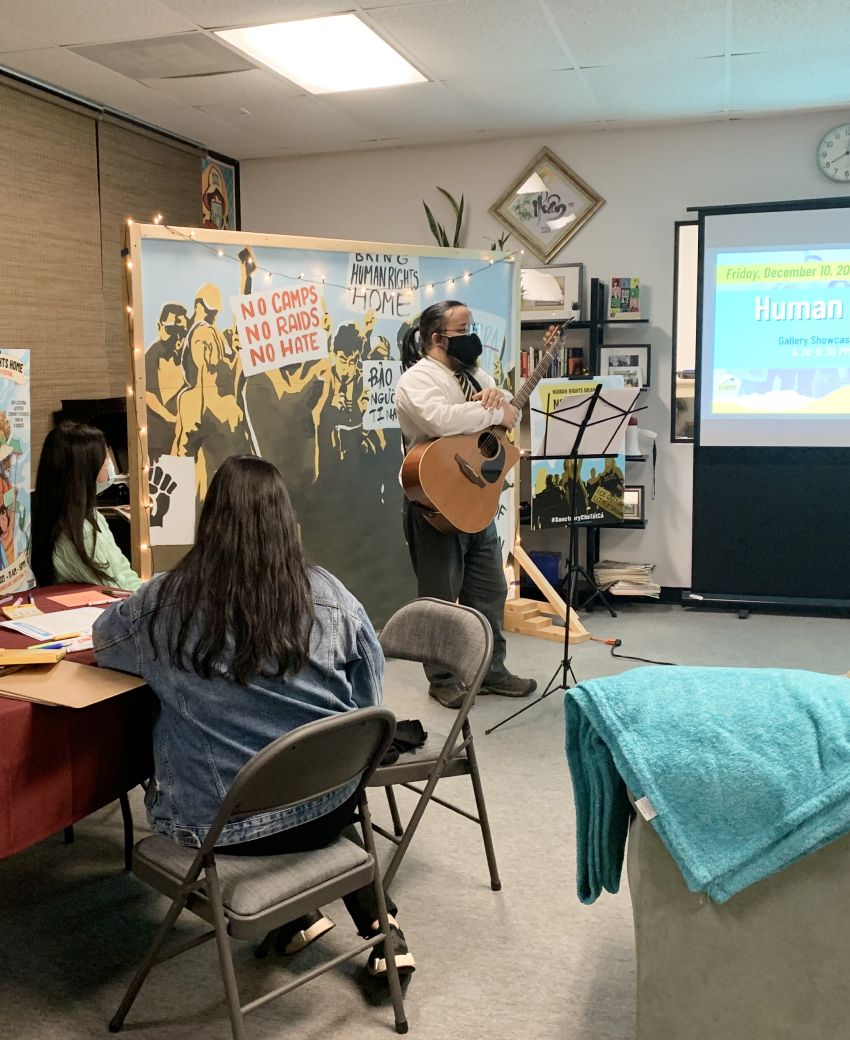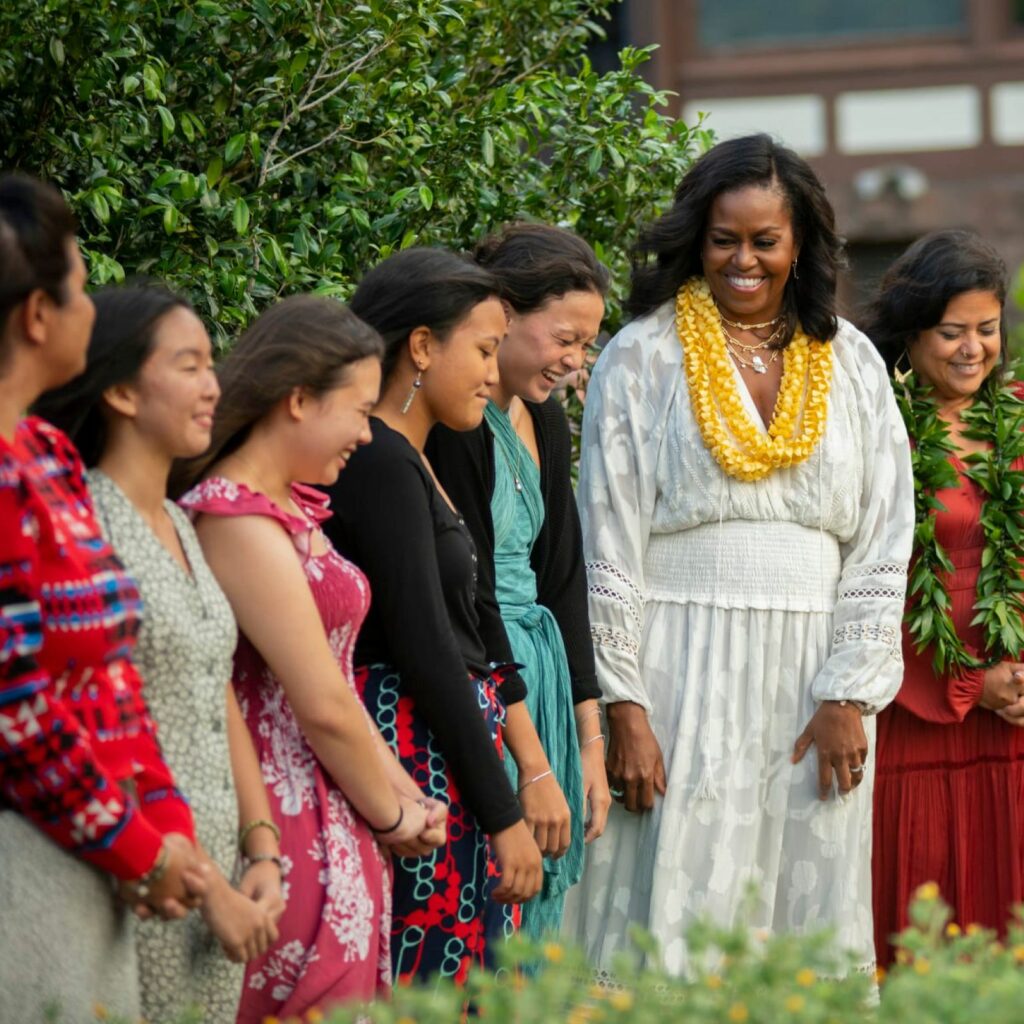Why It Matters
AANHPI communities are largely overlooked by philanthropy. Thousands of individuals and families seek the crucial resources needed to empower themselves and begin anew.
Photo Credit: Lavender Phoenix
0.2%
Less than 0.2% of philanthropic dollars are given to AANHPI communities, and a fraction of that to AANHPIs harmed by incarceration, deportation, and violence in the U.S.
Source: Asian Americans / Pacific Islanders in Philanthropy (AAPIP)
66%
A 2023 report found that 66% of funders surveyed reported a lack of prioritization of Asian American and Native Hawaiian & Pacific Islander needs.
Source: AAPI Data & AAPIP
3x
“Asians and Others” are imprisoned at 3 times the rate as compared to the white population”
Source: Bureau of Justice Statistics, 2017

The profound AANHPI immigrant experience in the United States
Many Asian Americans, Native Hawaiians, and Pacific Islanders share a history of intergenerational trauma from war and violence in their homelands and living as perpetual foreigners in the United States. Explore the timeline of AANHPI adversity and resilience as they’ve helped shape the diverse tapestry.

Shattering the dangerous Asian model minority myth
We fight to dispel the Asian model minority myth that ignores the diversity of Asian American cultures and perpetuates the untruth that AANHPIs do not face similar social and racial barriers as other marginalized groups. This falsehood continually undercuts AANHPIs facing injustice, who are invisibilized by this stereotype.

Why fund grassroots organizations
Larger philanthropic institutions aren’t often aware of the smaller grassroots organizations we fund. By working alongside these lesser-known groups, we can connect them to large grantmakers. Small-scale groups then become more visible, better resourced, and able to help thousands more AANHPIs right away.

Grantee Spotlight
‘Ekolu Mea Nui
'Ekolu Mea Nui works to transform Hawai’i’s justice system through Native Hawaiian cultural practices and values that innovate alternatives to incarceration, restore the human spirit, build resilient ʻohana (families), and change inequitable laws and policies.